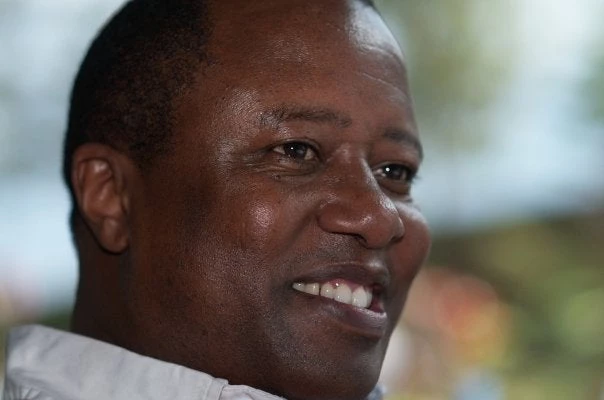 For a long time, public procurement was seen as (and was) the backwater of the public financial management agenda. Procurement, the means by which public budgets are translated into goods, works and services for provision of services, was considered a back-end function, narrowly associated with the purchasing transaction. However, over time, appreciation of the centrality of procurement to budget execution, provision of services and to the governance agenda has grown.
For a long time, public procurement was seen as (and was) the backwater of the public financial management agenda. Procurement, the means by which public budgets are translated into goods, works and services for provision of services, was considered a back-end function, narrowly associated with the purchasing transaction. However, over time, appreciation of the centrality of procurement to budget execution, provision of services and to the governance agenda has grown.
Anecdotal and empirical evidence indicates that in poor governance environments, the procurement system provides great opportunities for corruption, including the financing of otherwise unsustainable political regimes. Thus, in most developed market economies, the push for reforming procurement systems was not only driven by the need to wring efficiencies from public budgets but also the demand by citizens for greater transparency and accountability for public expenditures.
Over the last decade and a half, the Bank and other donors have been very active in assisting developing countries modernize their procurement regimes. In many of these countries, these “first generation” reforms have constituted enactment of new public procurement legislation and setting up of new institutional arrangements for the management of procurement, including regulation and oversight. But this has not generated consistently better procurement outcomes: incidences of corruption and inefficiency continue to plague procurement systems. Clearly, much more effort is required to close the gap between formal rules and how the procurement business is actually conducted.
New “second generation” frontiers are being forged and implemented with a view to figuring out how to get improved procurement outcomes. These include:
 •Trying to figure out the political economy of procurement reforms and the real drivers of change. Reforming procurement systems often involves going against very heavily vested domestic and foreign interests. Work is underway to try to discern how best to assist countries design reform efforts that take better account of the “political” environment in which reforms take place.
•Trying to figure out the political economy of procurement reforms and the real drivers of change. Reforming procurement systems often involves going against very heavily vested domestic and foreign interests. Work is underway to try to discern how best to assist countries design reform efforts that take better account of the “political” environment in which reforms take place.
•Encouraging greater civic engagement on public procurement. On the understanding that real change and accountability happens when an engaged citizenry holds its leaders to account, work is under way to catalyze coalitions of different stakeholders (civil Society organizations, media, parliaments, business, etc), to engage more forcefully with Governments on procurement policy formulation and monitoring of the outcomes of reforms. The World Bank Institute, which has a tradition of working with non-state actors, is combining efforts with our colleagues in the regions and other donors in order to strengthen these emerging country coalitions so that they can become more effective in driving change.
•Encouraging adoption of innovative approaches to procurement, in particular through e-procurement. The Bank has been in the lead in assisting countries to adopt e-procurement systems but with limited success outside a number of countries in the LAC region. Working with colleagues in the Bank’s operations units, an e-learning program on implementation of e-procurement systems has been delivered to a number of countries. Many of these countries have developed programs to implement e-procurement. An interesting outcome is that some of these countries have asked for the programs to be financed through Bank operations.
•General agreement by the Bank and other donors that true assurance on usage of development funds will not be fully achieved through a ring-fenced approach but through a sharper focus on relying on improved country procurement systems. The full operational implications of this is still to be evident but it will be influenced by a growing movement towards focusing on procurement performance, outcomes, and results as opposed to largely paying attention to compliance with this or that particular rule.
The above is in no way a full account of the “new frontiers” and many of them are in their infancy. However, they signal that what was once considered a stodgy and even dry area of work is susceptible to new and innovative thinking. Yes we can!


Join the Conversation